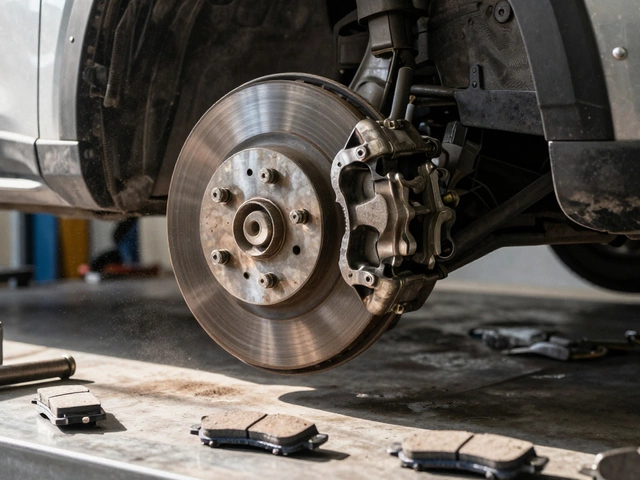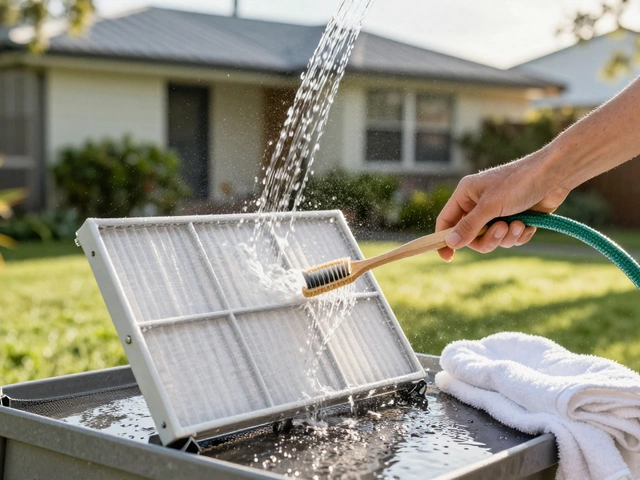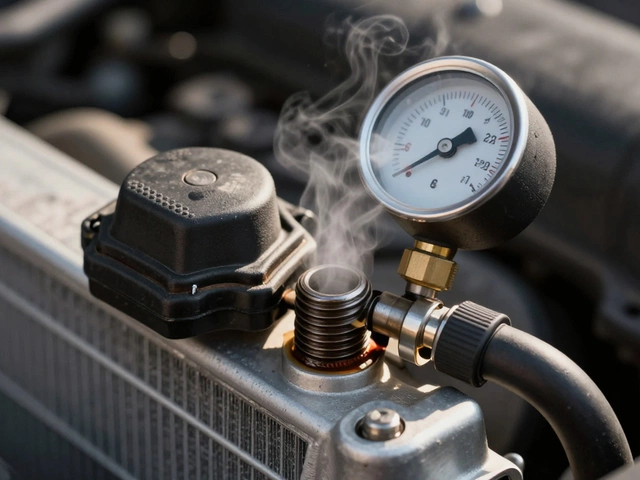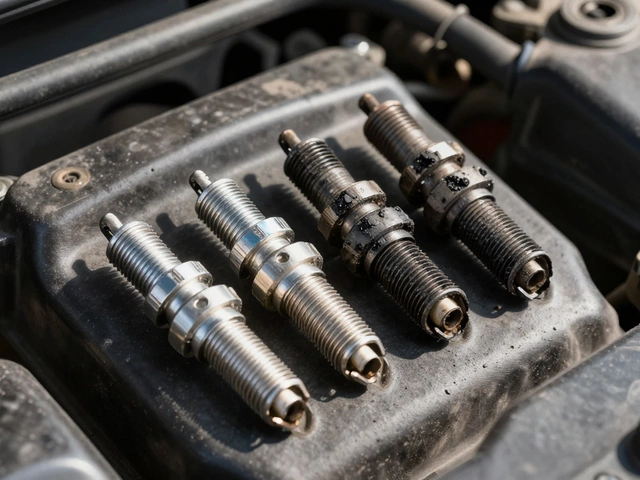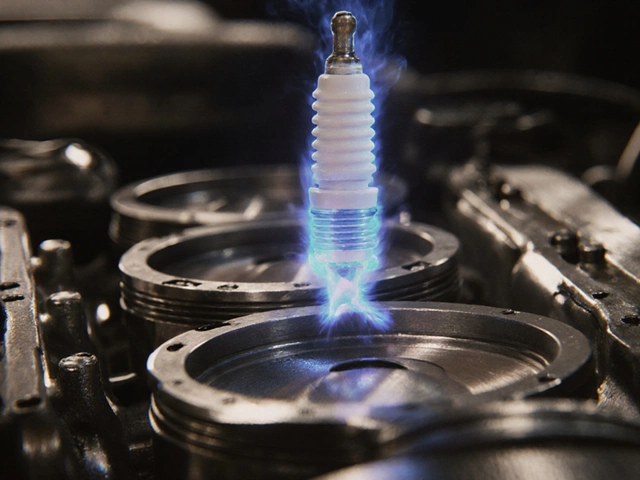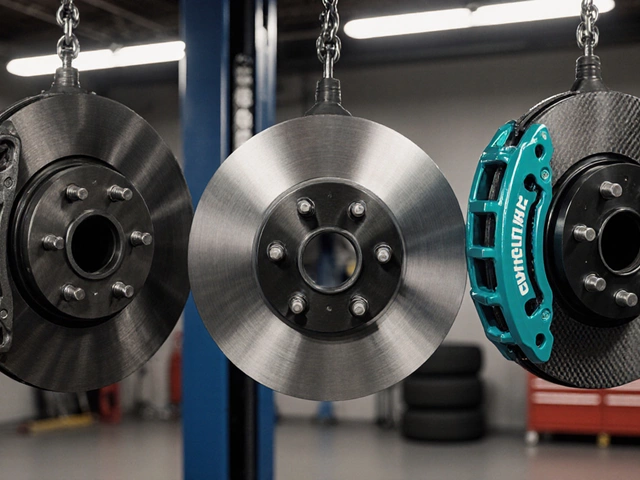Alloy Wheels Lifespan: What to Expect and How to Keep Them Strong
Got a set of shiny alloy wheels and wondering how many miles they’ll survive? The answer isn’t a simple number—its lifespan depends on a mix of material quality, driving habits, and how you treat them day‑to‑day.
Most manufacturers rate alloy wheels for 80,000 to 120,000 km (50,000‑75,000 miles) under normal conditions. That range is a good baseline, but you’ll see wheels that quit early if they face harsh roads, aggressive cornering, or neglect, while others can outlive the car itself when you give them proper love.
Big Factors That Speed Up Wear
Road conditions. Salted winter roads are a nightmare for alloys. The salt accelerates corrosion, especially on the wheel’s inner surface where water can pool. Rough pavement and potholes can nick the rim, creating stress points that crack over time.
Curb impacts. Hitting a curb even once can bend the rim. A bent wheel not only looks bad but also throws off tire balance, leading to uneven tread wear and a higher chance of a sidewall blowout.
Driving style. Fast launches, hard cornering, and frequent off‑road excursions put extra load on the wheel’s spokes. The added stress can cause fatigue cracks that spread with each drive.
Tire pressure. Under‑inflated tires rub more against the wheel’s inner barrel, wearing the finish and exposing metal to the elements. Over‑inflated tires increase the chance of rim damage when hitting bumps.
Simple Habits to Extend Wheel Life
Keeping alloys in top shape doesn’t require a garage full of tools. A few easy steps do the trick.
Regular cleaning. Wash wheels with a pH‑balanced car soap and a soft brush. Skip the harsh chemicals or steel wool—they can strip the protective clear coat.
Apply a sealant. A thin layer of wheel sealant or wax creates a barrier against salt and grime. Reapply every three months for best results.
Check for bends. After hitting a curb, spin the wheel and listen for wobble. If you notice vibration, get it inspected before the problem spreads.
Maintain proper tire pressure. Use the manufacturer’s recommended PSI and check monthly. Balanced pressure reduces rim stress and improves fuel efficiency.
Avoid aggressive cleaning tools. A microfiber cloth is safe for the finish. If you need to remove stubborn brake dust, use a dedicated alloy wheel cleaner and rinse thoroughly.
When you do notice scratches or chips, address them quickly. Small surface damage can turn into rust if left alone, especially on the inner barrel where water hides.
Finally, store your car in a dry place whenever possible. Indoor parking cuts exposure to rain, snow, and road salt, giving your wheels a longer, cleaner life.
Bottom line: alloy wheels can last well beyond the typical warranty if you protect them from corrosion, avoid impacts, and keep them clean. Treat them like a part of your car’s personality, not just a decorative extra, and you’ll enjoy that glossy look for many miles to come.

Alloy Wheel Lifespan: How Long Do They Really Last?
Alloy wheels are a popular choice for car enthusiasts due to their aesthetics and performance. But how long can you expect them to last? This article explores the average lifespan of alloy wheels, what affects their durability, and how proper maintenance can extend their life. Understanding these factors can help car owners make informed decisions and keep their wheels in top condition for as long as possible.
CONTINUE READING
